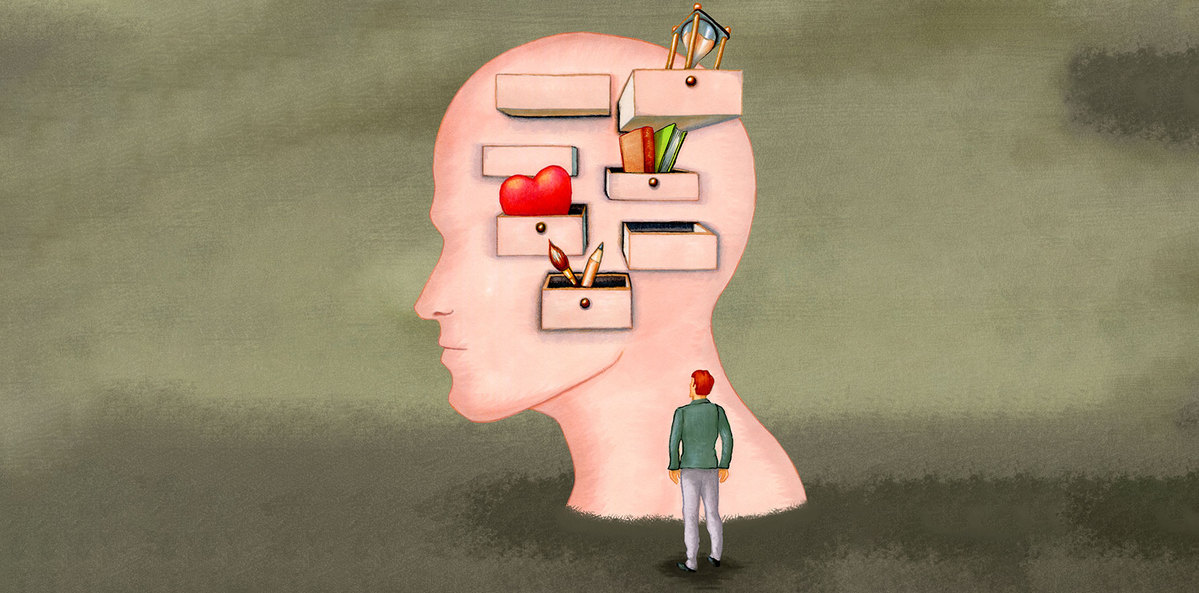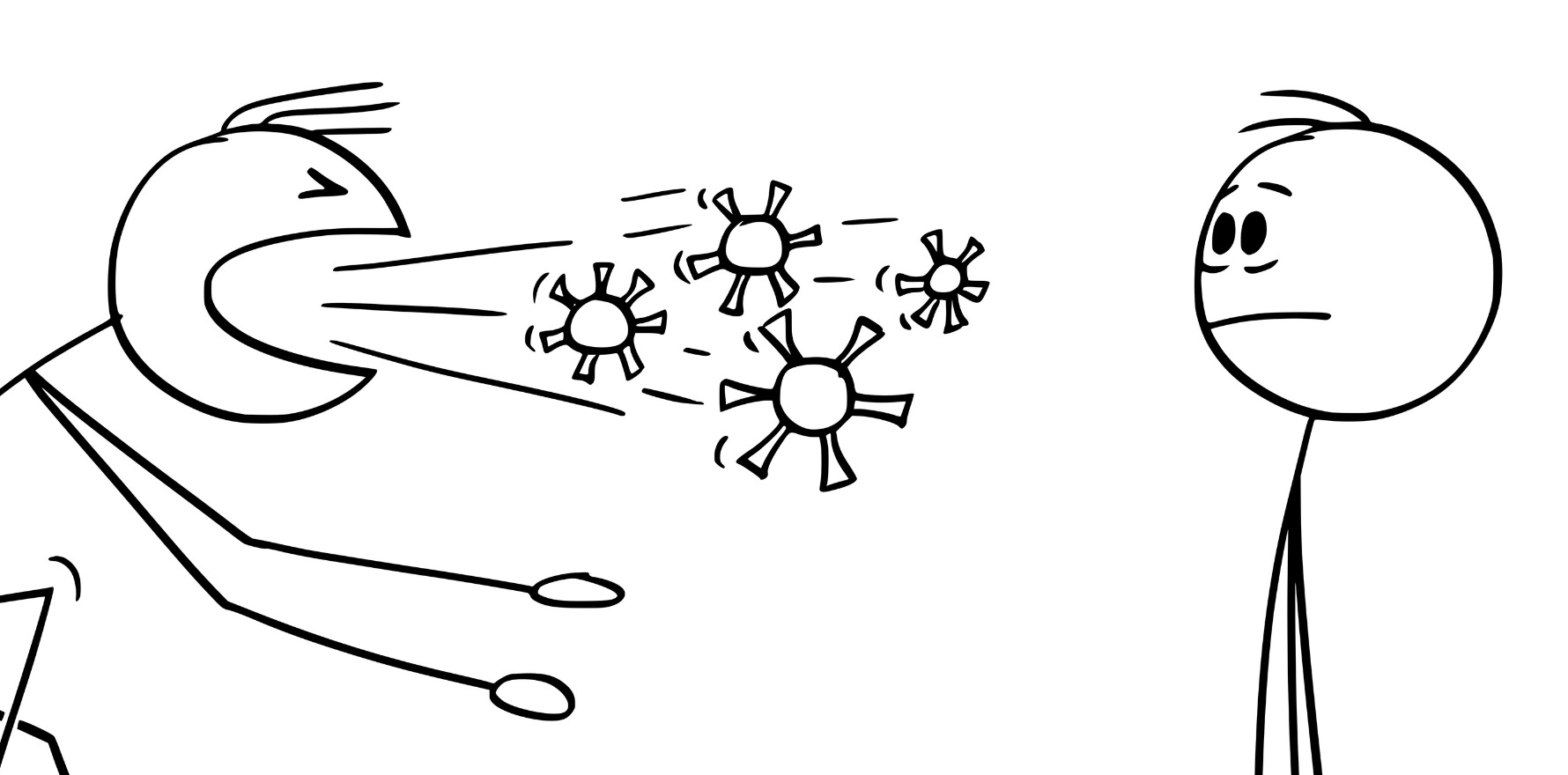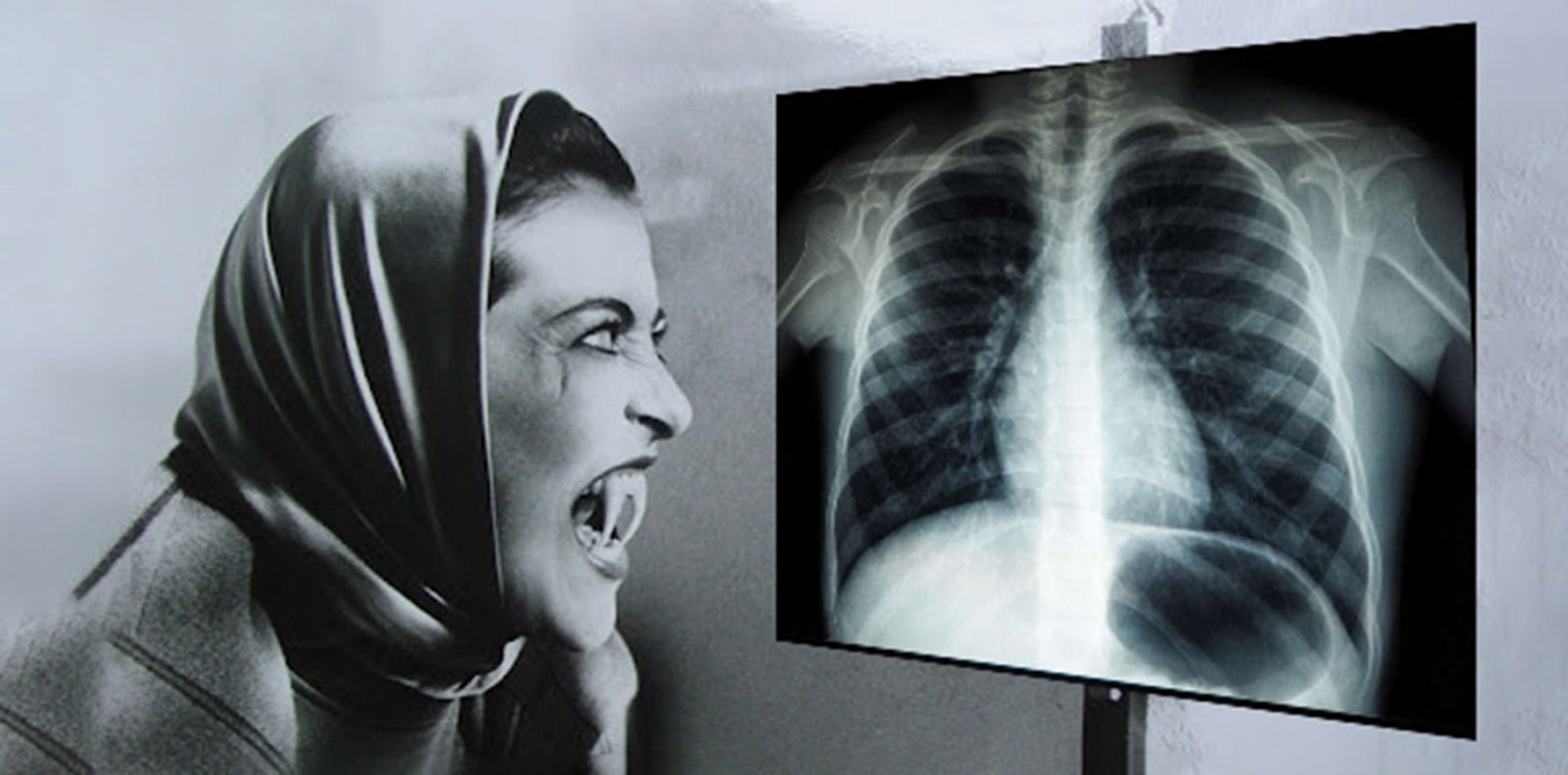Compartmentalising our lives is a skill we are never taught. It's up to us to find ways to cope that doesn’t harm those around us.
Once when I was a medical student attached to a surgical rotation, I overheard the registrar snapping at all the theatre staff, pulling out swear words and shouting down the phone in the middle of the corridor.
It was a busy list, the patients were delayed in their transfers from the ward to theatre, and the anaesthetic team were obviously understaffed. There was plenty of reason for the irritation but at the time, I was young and inexperienced and very taken aback by the short-temperedness of the registrar.
My supervising resident later explained to me, in hushed tones, that the registrar was famously going through a rather nasty divorce and was increasingly taking out his irritability at work.
Another time, years later, I watched a consultant take a phone call in the middle of ward rounds – an update from his child’s oncologist about recent blood tests. Overhearing the subsequent discussion that the bosses briefly had, I learnt that the child was in the middle of chemo and had been very sadly spending as much time in the hospital as her dad. As a resident who had not really had a sick relative myself, I was deeply surprised that the consultant was not only functioning enough to see patients, but focused, dedicated, safe and completely hiding the worry that must have been swirling in his head.
I have thought about this many times over the years. Every time I write a medical certificate or a carer’s certificate for a grieving patient who has lost a family member, or when a patient comes in heartbroken over the end of a marriage or relationship, I will say some variation of “It’s just a job; take time off, heal yourself, it’s just work; it can wait”.
And later that night I will wonder about all the doctors who carry their own heartaches or difficulties but still turn up and see patients, offering kindness and empathy and patience and reassurance.
When I personally had a seriously unwell relative, many years ago, I took leave, because I could not bring myself to see patients, and had no interest in going to work. I was miserable, didn’t sleep, and constantly felt like there was a knot in my chest until my loved one was safely back at home. I’m not sure even a tripled salary could have convinced me to see patients at the time; I was so resentful and angry at the thought of having to work when I had much bigger things demanding my attention.
It becomes easier to compartmentalise emotions and experiences as we get older, I think, or as we deal with more heartache. We cannot stop practising medicine or take leave every time we have a bad day, or a fight with a partner, or worry for a sick friend.
I have seen all my friends and colleagues practise beautiful and safe medicine, the patients none the wiser about the angst the doctor has carried that day. Perhaps the doctor has just learnt of her husband’s infidelity or is struggling to support a teenage child who is being bullied or has just been recalled for an abnormal mammogram and has been starkly faced with her own mortality.
Related
These doctors are putting aside their own emotions to hold the ones of their patients. You could argue that many high-achieving and important jobs outside of medicine equally demand attention and focus. Yes, and I suspect people in these careers also set aside their tough emotions and personal life to get the job done safely.
Did we ever get taught how to do this when we were medical students – how to “set things aside” and play the role of doctor? To pretend there isn’t a complex human wearing that skin and grappling with their own family dysfunction, financial challenges, poor health, resentment, jealously, insomnia, insecurity, and more?
I know of women doctors who have taken leave from clinical medicine while they underwent fertility treatment because it was too emotionally draining to see patients. Equally, I know other doctors who have had miscarriages at work and quietly coped alone all day, practical, pragmatic and focused. I know grieving doctors who have taken a year off to bond with family and continue in an intensively private melancholy away from patients. I also know doctors who have worked a half-day before driving to the funeral service of their spouse.
It is not our place to critique or pass judgement on how our friends and colleagues in medicine cope with challenges in their personal life. However, it is our place to be constantly mindful that doctors are not exempt from the horrors and burdens of this world. Your intern may well be silently yearning, hoping, praying for the safety of her relatives who are trapped in a warzone. Your eminent consultant may go home at the end of the long and sad day to the even longer and sadder cognitive decline of her husband. Your colleagues may be struggling with elderly parents who refuse to move to supported living but are clearly unsafe at home, to have the same conversation that she has had five times with patients that very day.
We are just as mortal as our patients and perhaps this is a gentle reminder that neither we nor our patients should forget that. But we also need to somehow expertly balance and compartmentalise so that we are not shouting at colleagues in theatre or making distracted decisions or jeopardising the safety and professionalism required in this job.
Perhaps, to look at it optimistically, eventually our lived experiences do make us better doctors, and more empathetic with our patients and each other.
Dr Pallavi Prathivadi is a Melbourne GP, adjunct senior lecturer at Monash University, 2024 RACGP mentor, and newly appointed member of the Eastern Melbourne PHN Clinical Council. She holds a PhD in safe opioid prescribing and was a Fulbright Scholar at the Stanford University School of Medicine, and previous RACGP National Registrar of the Year.





